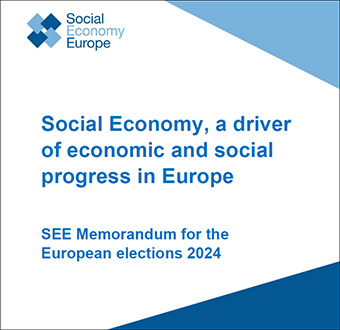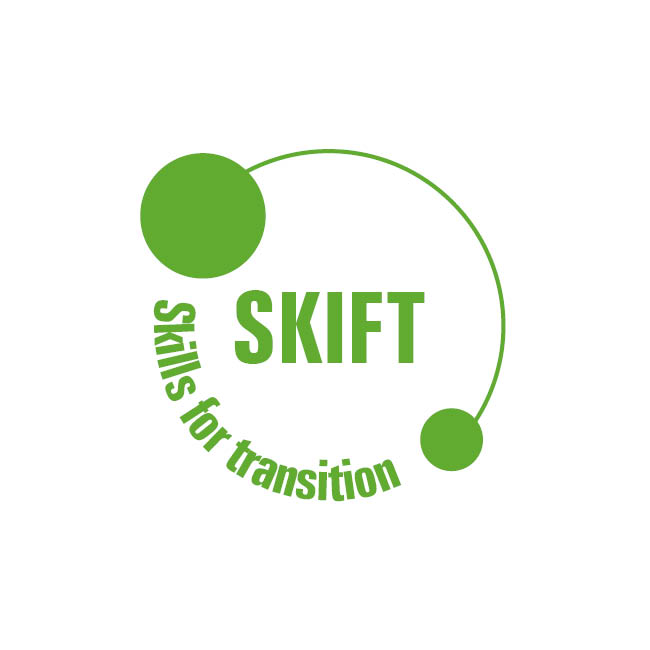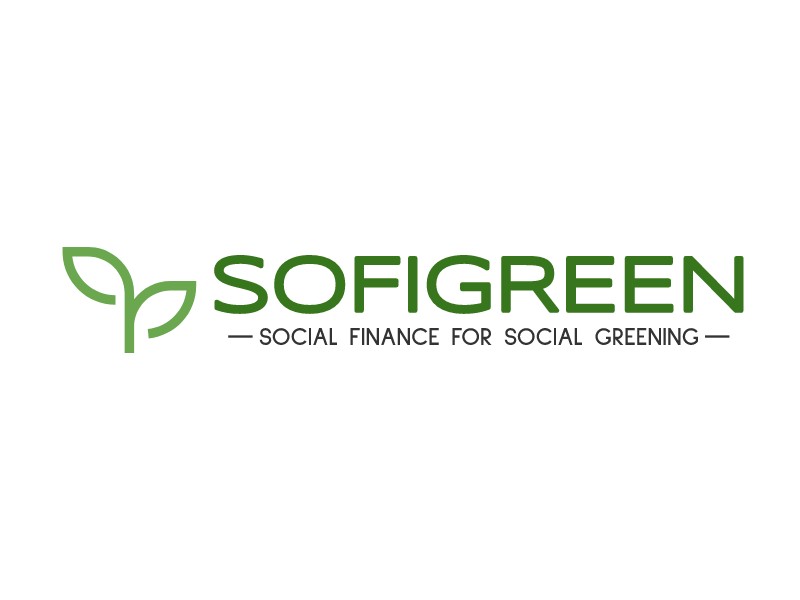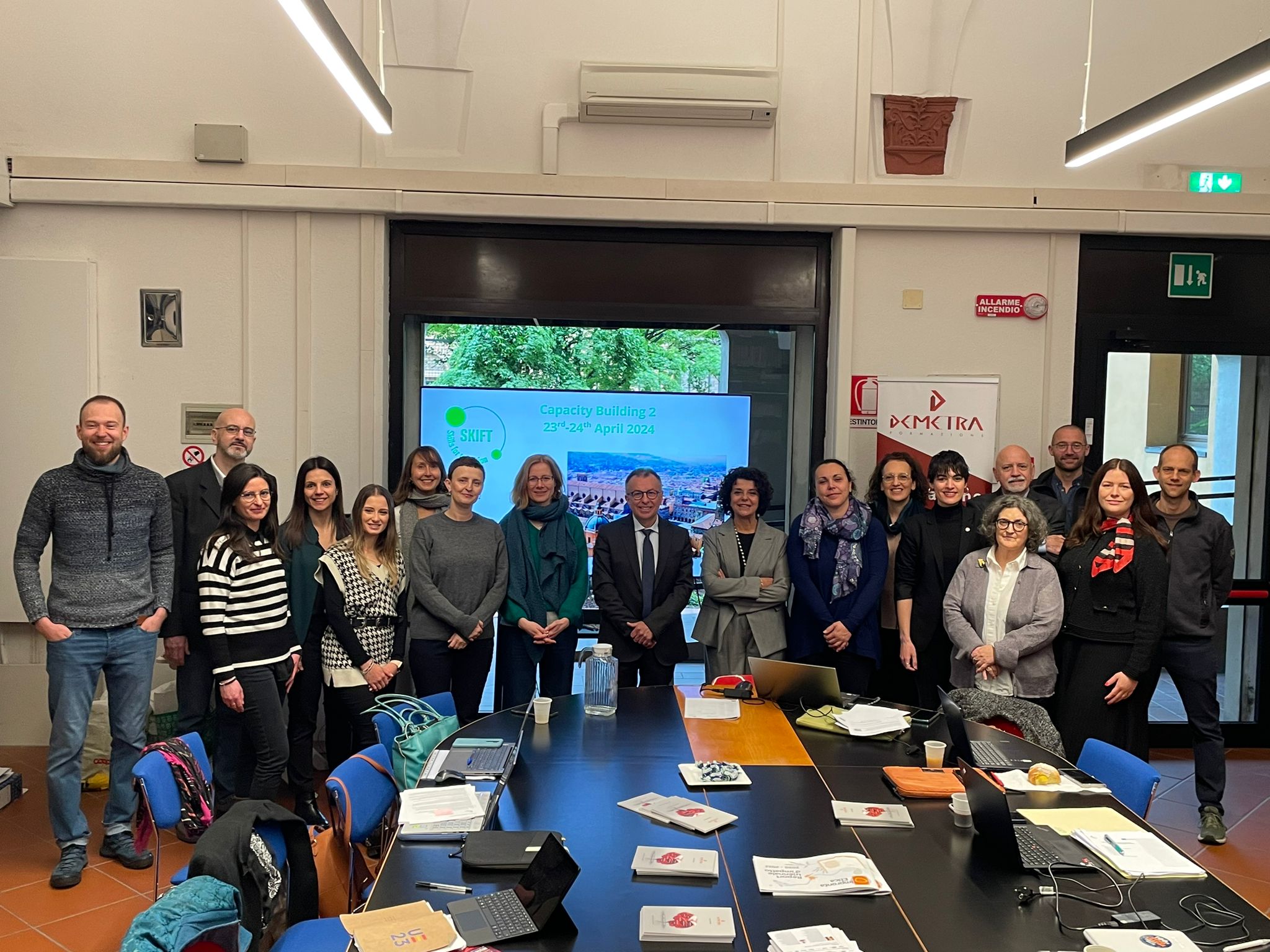
Despite a number of recent (policy) initiatives at European level and in EU Member States, parents – and in particular mothers – still face a number of difficulties in combining (access to) work and family life.
Moreover, the general employment rate of women is still considerably lower than that of men (by 11,6% in 2018). With regard to part-time work, the gap between women and men with children is even higher (30,8%). In some EU Member States, policies appear to move backwards again, reviving old role models of women and men that seemed to be overcome.
In addition, existing work-life balance policies and initiatives sometimes fail, as they do not respond to realities of life of many parents – realities that might be shaped by different family types (including single parents), unemployment, lack of skills, disability, etc.
The European Pillar of Social Rights includes a number of principles which should reinforce the rights of mothers and fathers finding themselves in different situations, as it stipulate the right of persons not only to work-life balance (chapter II/9), but also to life-long learning, equal opportunities, gender equality, etc.
Local and regional governments and their partners have an important role to play when it comes to let these principles become reality.
The « Master Parenting in Work and Life (MASP) initiative» explores work-life balance strategies that go beyond isolated actions of individual players and foster cooperation between parents, cities, regions, (social economy) enterprises and others.
This European seminar invites cities and regions, employers, trade unions, social economy, civil society, representatives of European institutions and other interested organisations and persons to:
- discover good practices of cities, regions and (social economy) enterprises in the promotion of work-life balance – with a particular focus (but not exclusively) on groups such as unemployed and unskilled women,
- discuss new models of conciliation and ‘work-life synergy’ which go beyond individual action and promote cooperation between parents, local governments and administration, (social) Economy enterprises, civil society and other players,
- reflect on concrete actions to be proposed to the new Commission and the European Parliament to bring the European Pillar of Social Rights to life.
You will find the programme here. Please register here (places are limited).

Read More
SERIOUS GAMES AND GAMIFICATION AS LEVERS FOR THE DEVELOPMENT OF (COOPERATIVE) SKILLS
The potential of (serious) games or gamification for achieving greater learning successes – targeting also,…
2021: A YEAR OF ACTION FOR SOCIAL ECONOMY – STATEMENTS BY REPRESENTATIVES OF EUROPEAN CITIES AND REGIONS
[:en] Despite all challenges and uncertainty at the beginning of this new year: local/regional governments…
An alternative approach to skills, employability and job creation: Women and territories at the centre
Webinar, 12 November 2020, 10-12 am Nothing brought them to light more clearly than the…
International alliance supporting position paper on digital transition/platform cooperatives
Digital transition is at the centre of proposals linked to the EU Recovery Plan, Cohesion…
 Docs
Docs  Support
Support 







